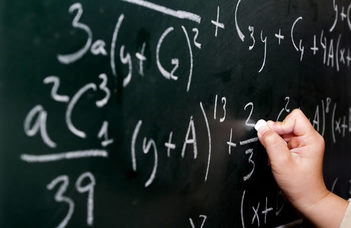Mathematics teacher education in the Czech Republic and Hungary
János Győri, lecturer at the Institute of Intercultural Psychology and Education of the Faculty of Education and Psychology, worked with leading experts in Hungarian and Czech mathematics education research to explore the characteristics of mathematics teacher education in the two countries. As a result of their research, the authors found that in the long run even otherwise minor historical-socio-cultural differences lead to significant differences in the educational systems. Among their findings, they mention that since in Hungary Tamás Varga's complex method of teaching mathematics had already brought about significant changes in mathematics teacher education during the socialist era, there was less need for profound changes in mathematics teacher education in Hungary after the regime change than in the Czech Republic. At the same time, while in Hungary, after a short period of decentralization, a re-centralization of education took place in the decades following the regime change. Significant decentralization processes took place in Czech academia and within it in mathematics teacher education as well.
Finally, the authors conclude that comparative research on teacher education systems is indispensable for a deeper understanding of teacher knowledge, classroom work and student learning characteristics. The study, published in the online-first edition, is available here.
Source: ELTE PPK

